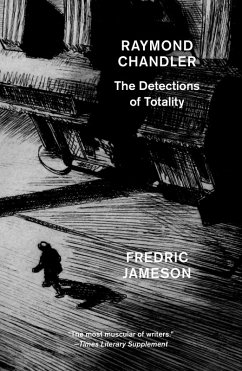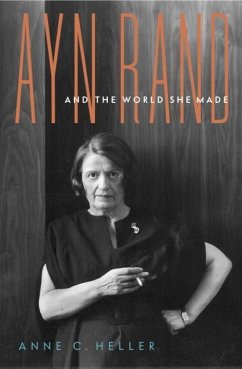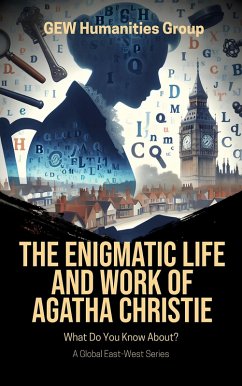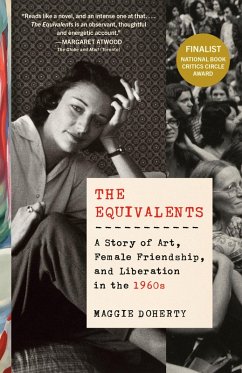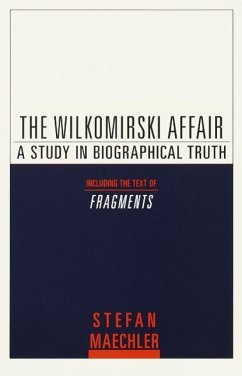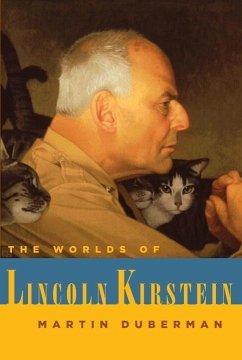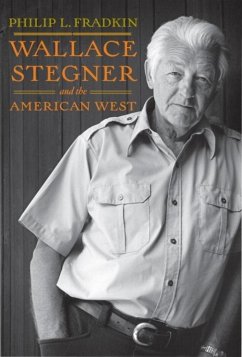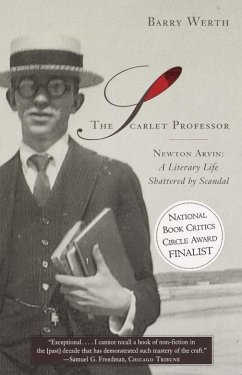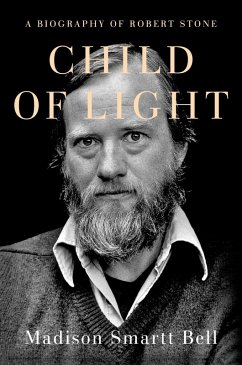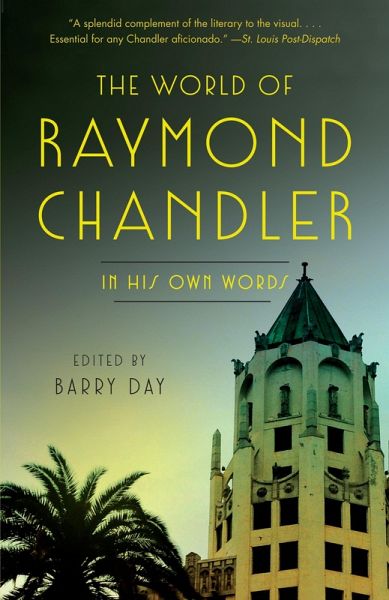
The World of Raymond Chandler (eBook, ePUB)
In His Own Words
Versandkostenfrei!
Sofort per Download lieferbar
7,99 €
inkl. MwSt.
Weitere Ausgaben:

PAYBACK Punkte
4 °P sammeln!
Raymond Chandler never wrote a memoir or autobiography. The closest he came to writing either was in-and around-his novels, shorts stories, and letters. There have been books that describe and evaluate Chandler's life, but to find out what he himself felt about his life and work, Barry Day, editor of The Letters of Noël Coward ("There is much to dazzle here in just the way we expect . . . the book is meticulous, artfully structured-splendid" -Daniel Mendelsohn; The New York Review of Books), has cannily, deftly chosen from Chandler's writing, as well as the many interviews he gave over the y...
Raymond Chandler never wrote a memoir or autobiography. The closest he came to writing either was in-and around-his novels, shorts stories, and letters. There have been books that describe and evaluate Chandler's life, but to find out what he himself felt about his life and work, Barry Day, editor of The Letters of Noël Coward ("There is much to dazzle here in just the way we expect . . . the book is meticulous, artfully structured-splendid" -Daniel Mendelsohn; The New York Review of Books), has cannily, deftly chosen from Chandler's writing, as well as the many interviews he gave over the years as he achieved cult status, to weave together an illuminating narrative that reveals the man, the work, the worlds he created. Using Chandler's own words as well as Day's text, here is the life of "the man with no home," a man precariously balanced between his classical English education with its immutable values and that of a fast-evolving America during the years before the Great War, and the changing vernacular of the cultural psyche that resulted. Chandler makes clear what it is to be a writer, and in particular what it is to be a writer of "hardboiled" fiction in what was for him "another language." Along the way, he discusses the work of his contemporaries: Dashiell Hammett, James M. Cain, Hemingway, Fitzgerald, Agatha Christie, W. Somerset Maugham, and others ("I wish," said Chandler, "I had one of those facile plotting brains, like Erle Gardner"). Here is Chandler's Los Angeles ("There is a touch of the desert about everything in California," he said, "and about the minds of the people who live here"), a city he adopted and that adopted him in the post-World War I period . . . Here is his Hollywood ("Anyone who doesn't like Hollywood," he said, "is either crazy or sober") . . . He recounts his own (rocky) experiences working in the town with Billy Wilder, Howard Hawks, Alfred Hitchcock, and others. . .We see Chandler's alter ego, Philip Marlowe, private eye, the incorruptible knight with little armor who walks the "mean streets" in a world not made for knights ("If I had ever an opportunity of selecting the movie actor who would best represent Marlowe to my mind, I think it would have been Cary Grant.") . . . Here is Chandler on drinking (his life in the end was in a race with alcohol-and loneliness) . . . and here are Chandler's women-the Little Sisters, the "dames" in his fiction, and in his life (on writing The Long Goodbye, Chandler said, "I watched my wife die by half inches and I wrote the best book in my agony of that knowledge . . . I was as hollow as the places between the stars." After her death Chandler led what he called a "posthumous life" writing fiction, but more often than not, his writing life was made up of letters written to women he barely knew.) Interwoven throughout the text are more than one hundred pictures that reveal the psyche and world of Raymond Chandler. "I have lived my whole life on the edge of nothing," he wrote. In his own words, and with Barry Day's commentary, we see the shape this took and the way it informed the man and his extraordinary work.
Dieser Download kann aus rechtlichen Gründen nur mit Rechnungsadresse in A, B, BG, CY, CZ, D, DK, EW, E, FIN, F, GR, HR, H, IRL, I, LT, L, LR, M, NL, PL, P, R, S, SLO, SK ausgeliefert werden.




